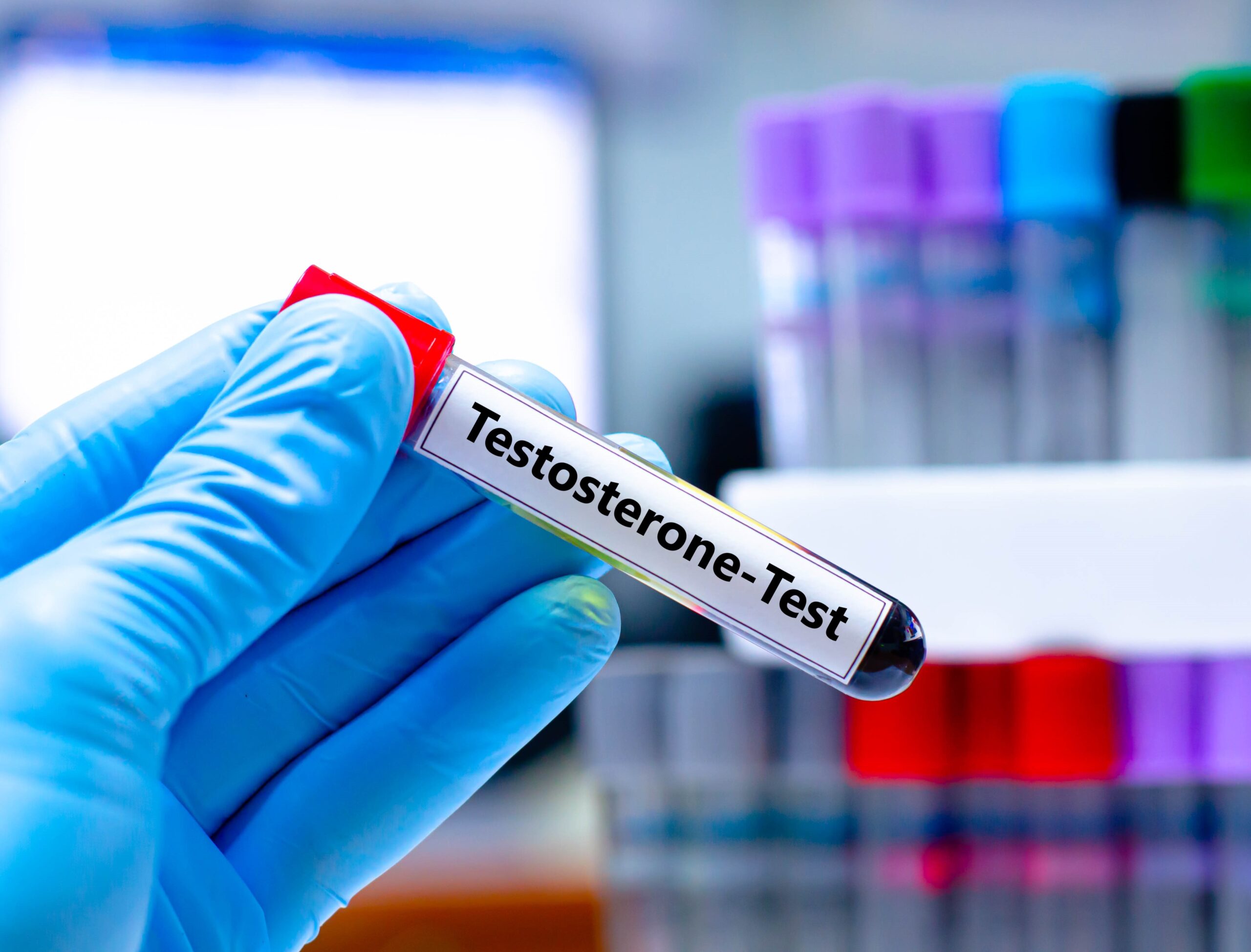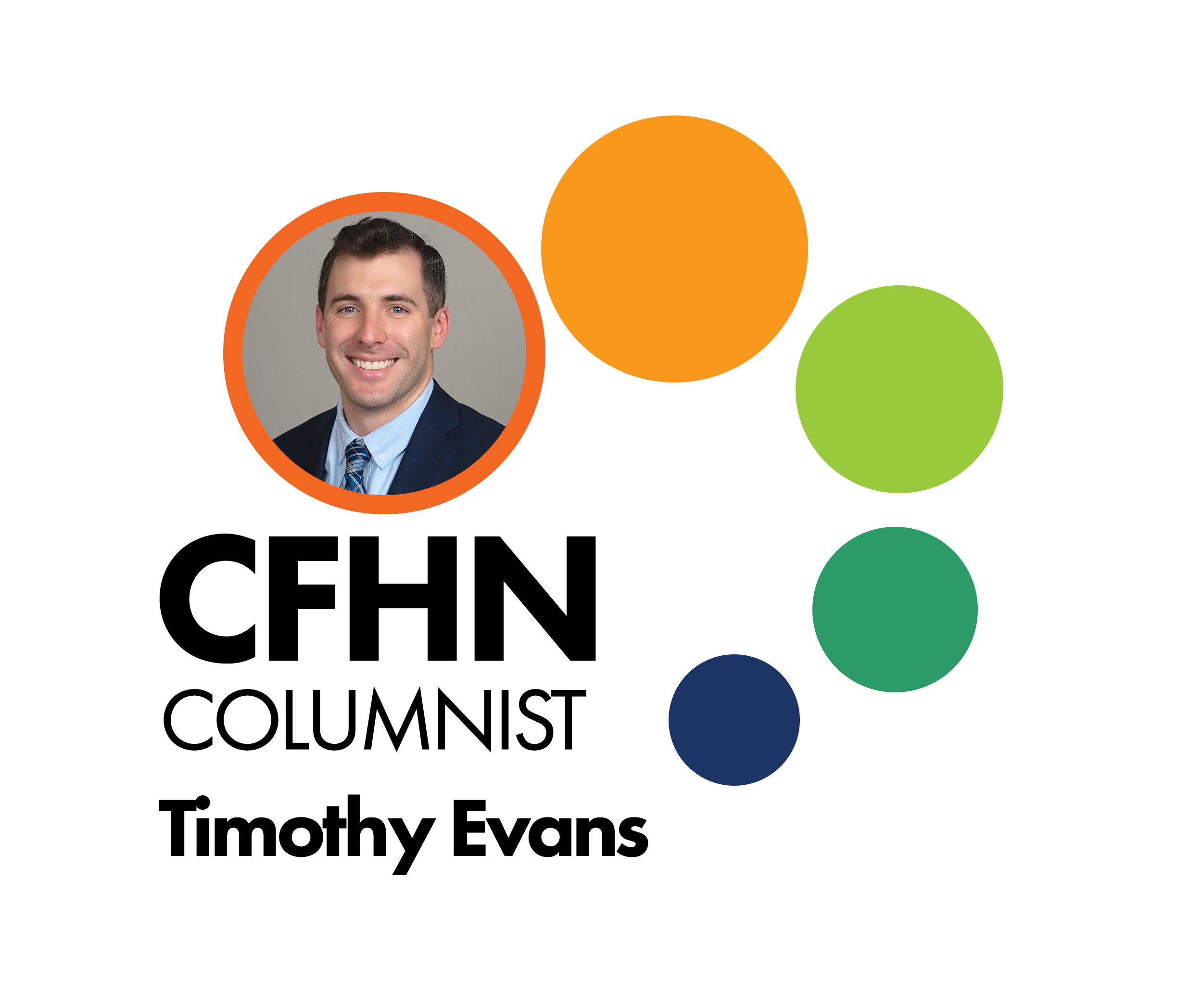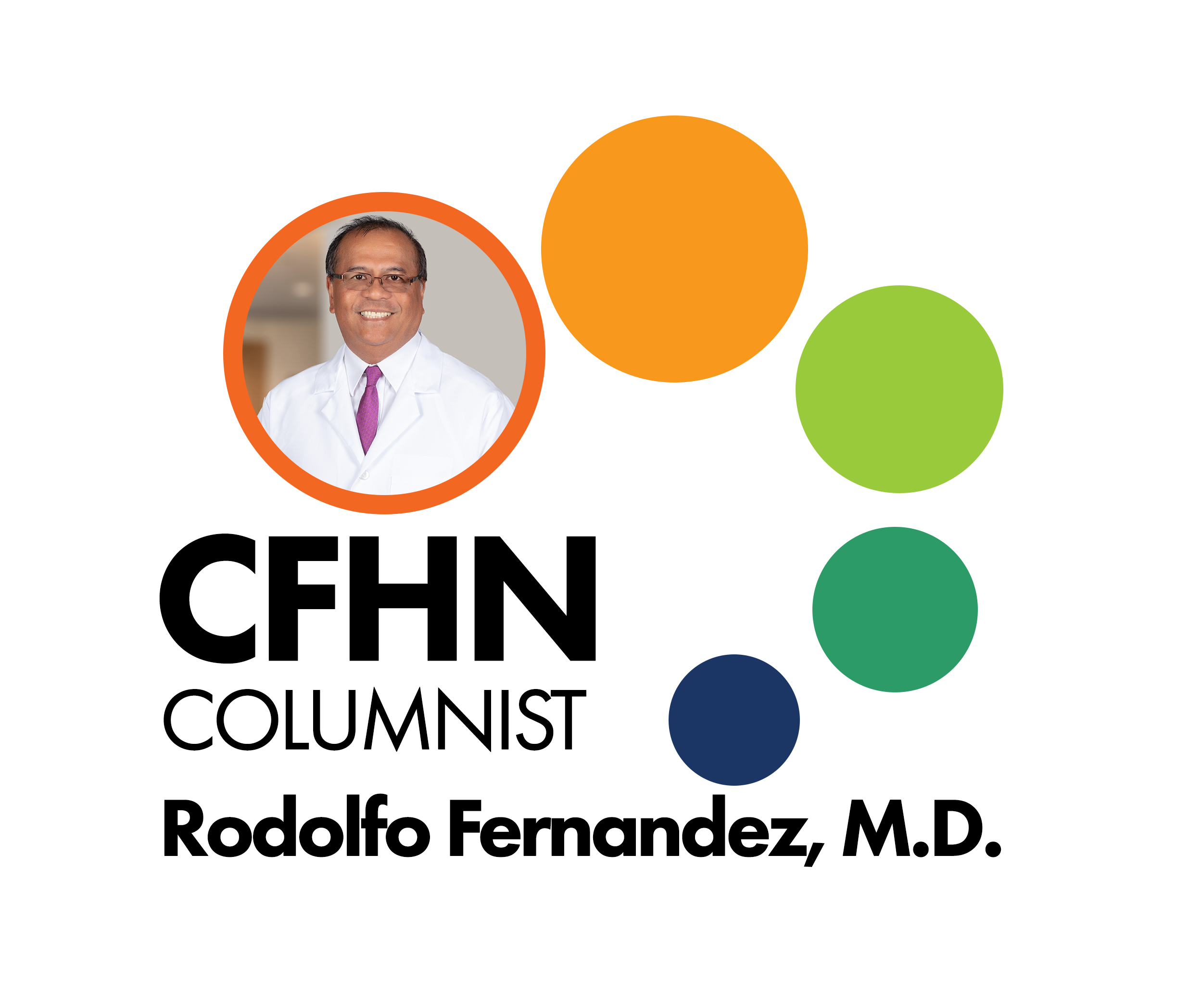
Health News
Features
-
Pop Quiz! Low T or Just Low Key: Do You Know Your Testosterone Level?
There’s no denying that slowing down is a natural part of getting older. Our energy levels drop, we’re not as strong as we used to be, and sexual interest decreases. However, for some—men especially—that slowing down can be a result of low testosterone. While testosterone is found in both sexes, testosterone levels are much higher…
-
Get a Grip on Headaches and Migraines Before They Disrupt Your Life
by RYAN MILEJCZAK Sponsored by Central Florida Health Care Few things can derail your day like a headache. And for those who suffer from migraines, it’s more than just pain. It’s a full-body assault: throbbing, nausea, light sensitivity, and disruption that can last hours or even days. We often call life’s minor annoyances “headaches,” but…
-
Prostate Cancer a Threat to Younger Men, Too
BayCare’s Dr. Kenneth Essig Provides Insight About Prostate Cancer Diagnoses at Earlier Ages by REBEKAH PIERCE Think prostate cancer is just an “old man’s disease”? Think again. According to the American Cancer Society, prostate cancer is one of the most common cancers in men. About 1 in every 8 men will be diagnosed with it…
Columns
-
Abdominal Aortic Aneurysm
An aneurysm is a “weakening” or “dilatation” in a part of an artery. An estimated 15,000 people die of ruptured abdominal aortic aneurysm (AAA) every year in the US. About 200,000 new cases of AAA are diagnosed every year. Most of these are diagnosed by tests that are done for unrelated reasons. The aorta is…
-
What Is Musculoskeletal Oncology?
Musculoskeletal oncology is a branch of orthopedic surgery that specializes in diagnosing and treating tumors that occur in the body’s bone or connective soft tissues, including muscle, fat, fibrous tissue, nerve and blood vessels. When these tumors are malignant or cancerous, they are referred to as “sarcomas.” Although these types of tumors are relatively rare,…
-
Reducing Your Health Risks With Vaccines
Vaccines are one of the best ways to reduce your risk of illness and the spread of disease. Serious research has gone into making vaccines that are safe, efficient and effective for all ages. Who Needs Vaccines? Adults and children need vaccines to reduce health risks. The types needed may depend on your age, health…





